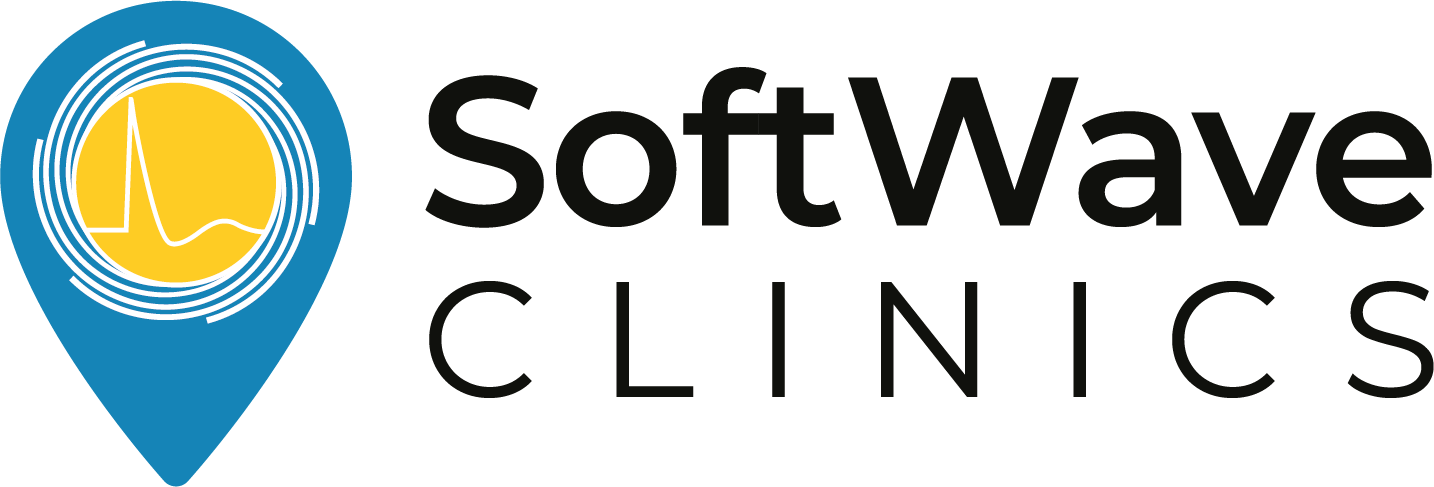Cutaneous Wound Healing Accelerated by hiPSC-MSC Exosomes
Authors: Jieyuan Zhang, Junjie Guan, Xin Niu, Guowen Hu, Shangchun Guo , Qing Li , Zongping Xie , Changqing Zhang and Yang Wang
Exosomes derived from human induced pluripotent stem cell-derived mesenchymal cells (hiPSC-MSCs) have shown promise in promoting cutaneous wound healing by facilitating collagen synthesis and angiogenesis. In this study, hiPSC-MSC-Exos were injected subcutaneously around wound sites in a rat model, resulting in accelerated wound closure, reduced scar widths, and enhanced collagen maturity. The hiPSC-MSC-Exos not only promoted the generation of newly formed blood vessels but also accelerated their maturation.
In vitro experiments demonstrated that hiPSC-MSC-Exos stimulated the proliferation and migration of human dermal fibroblasts and human umbilical vein endothelial cells (HUVECs) in a dose-dependent manner. The hiPSC-MSC-Exos also increased the secretion and mRNA expression of Type I and III collagen, elastin, and tube formation by HUVECs.
These findings highlight the potential of hiPSC-MSC-Exos as a therapeutic approach for treating cutaneous wounds. By promoting collagen synthesis, the exosomes contribute to the structural integrity and strength of the repaired tissue. Additionally, their ability to enhance angiogenesis facilitates the formation of new blood vessels, providing oxygen and nutrients crucial for wound healing.
This study provides the first evidence for the efficacy of hiPSC-MSC-Exos in promoting cutaneous wound healing. The results suggest that these exosomes could serve as a valuable therapeutic option, offering a non-invasive and potentially more accessible alternative to stem cell transplantation therapy.
